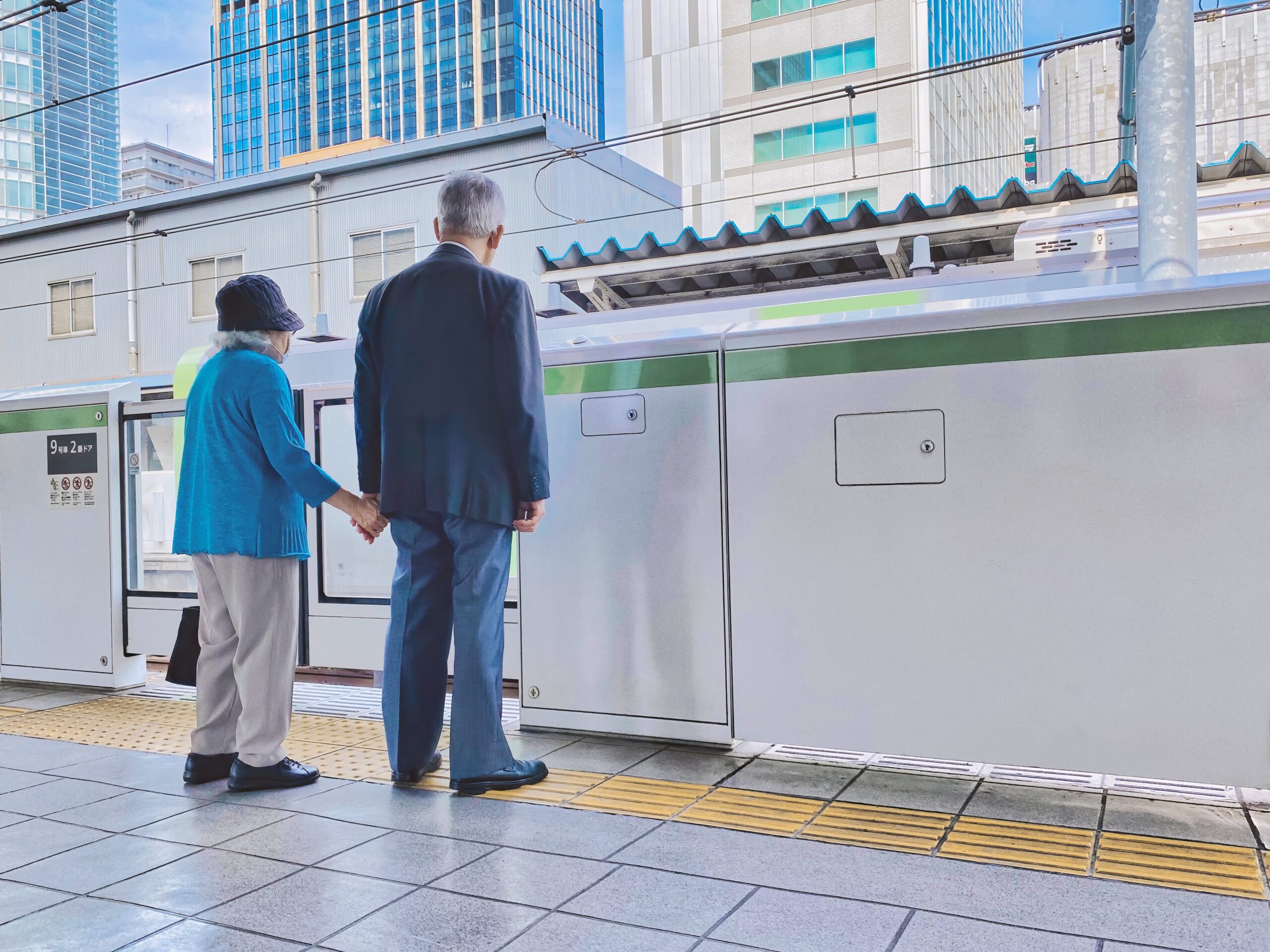
Quick Facts
127
Million
Japan’s approximate population
87 Million
Projected population by 2060 if current population trends continue
1:1
Projected old age dependency ratio for the year 2055: roughly one 65+ aged person for each working-age person in Japan
400,000 to
600,000
Estimated number of new care workers needed by nursing care facilities in Japan in the next ten years
2,000
Number of Indonesian and Philippine care workers Japan agreed to accept annually beginning in 2007/2008
1,360
Total number of Indonesian and Philippine care worker trainees in Japan in 2012
30 out
of 311
Number of migrant care work trainees who passed the qualifying exam in 2015, as reported by the Nikkei financial magazine
There is a surge of national Japanese policy research about using immigration and migrant labour – including migrant care labour – to help solve Japan’s ageing crisis.
The challenges of achieving immigration policy reform in Japan are analyzed in Ito Peng’s 2016 articles, “Testing the Limits of Welfare State Changes: The Slow-moving Immigration Policy Reform in Japan” and “Japan and its Immigration Policies are Getting Old“. She highlights the importance of public sentiment and low levels of support for immigration among the general public.
Jeremy Davison, a Master’s student in Public Policy at the University of Toronto’s School of Public Policy and Governance at the University of Toronto is, under the supervision of Professor Peng, collecting data about how decision makers in rural Japan talk about and see immigrants and immigration.
In the summer of 2015, he interviewed 30 politicians, civil servants, and private-sector leaders in Yamanashi Prefecture, which is located bout 125 kilometers west of Tokyo. In winter 2016, Davison has finished transcribing and coding his interviews but has yet to pin down findings.
Among his early findings: caregiving was the most frequently-mentioned job.
An “overarching concern” from interviewees was a worry that immigration could lead to an erosion of Japanese identity, said Davison. But he also found signs of an increasing openness among some interviewees as a result of their experiences with migrant workers.
A head of a caregiver facility said his earlier unease about Islam had been transformed after he worked with three Indonesian Muslim caregivers.
“He was moved by their diligence and hard work.”
“[It suggests the possibility] of transformation through interaction. You get to know ‘the other’ and then they are not ‘the other’ anymore.”
Others expressed more practical concerns: “We are bringing these people in, and if they don’t pass their exams, and they can’t work, that’s kind of a waste of money. On the other hand, if they don’t pass, will [the work] be of a lower quality?’”
More on Japan’s ageing crisis, migrant caregiver program, and Ito’s and Jeremy’s research.

